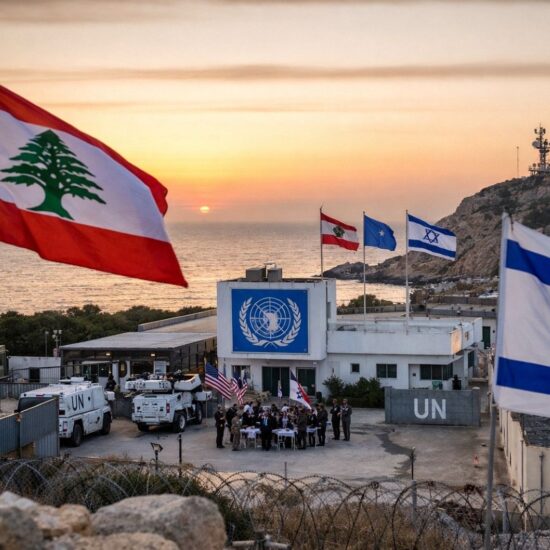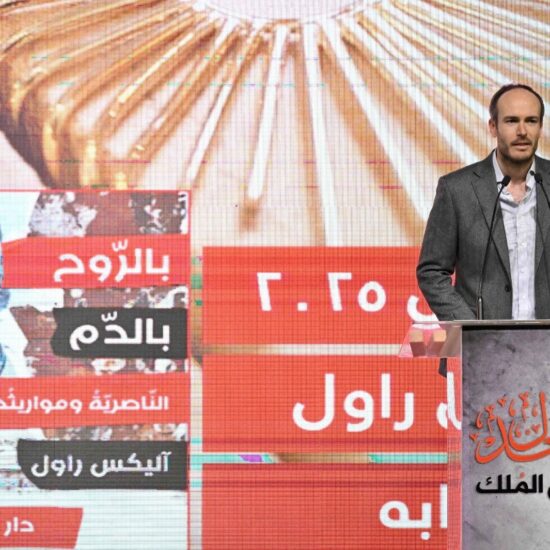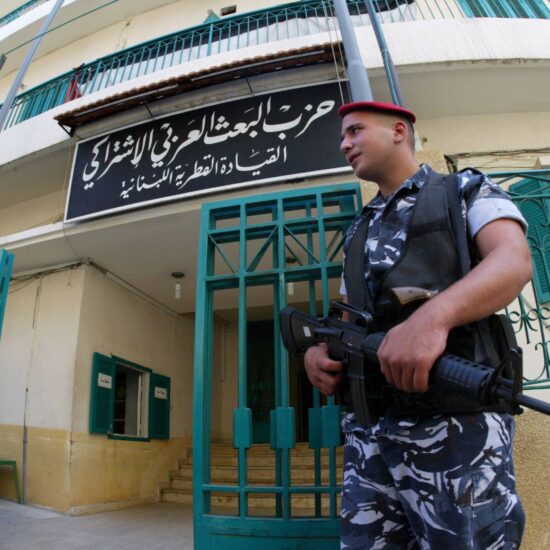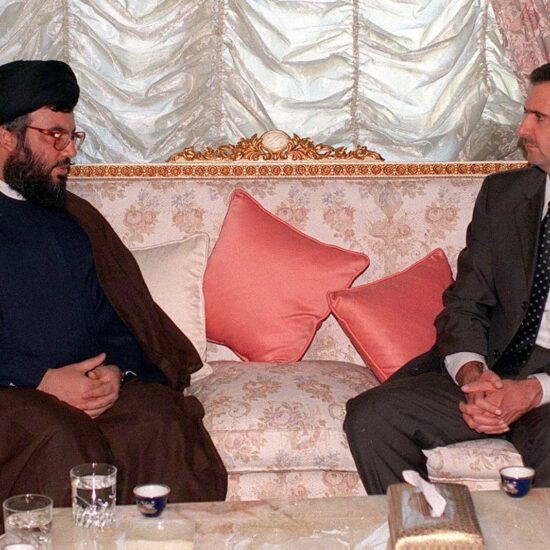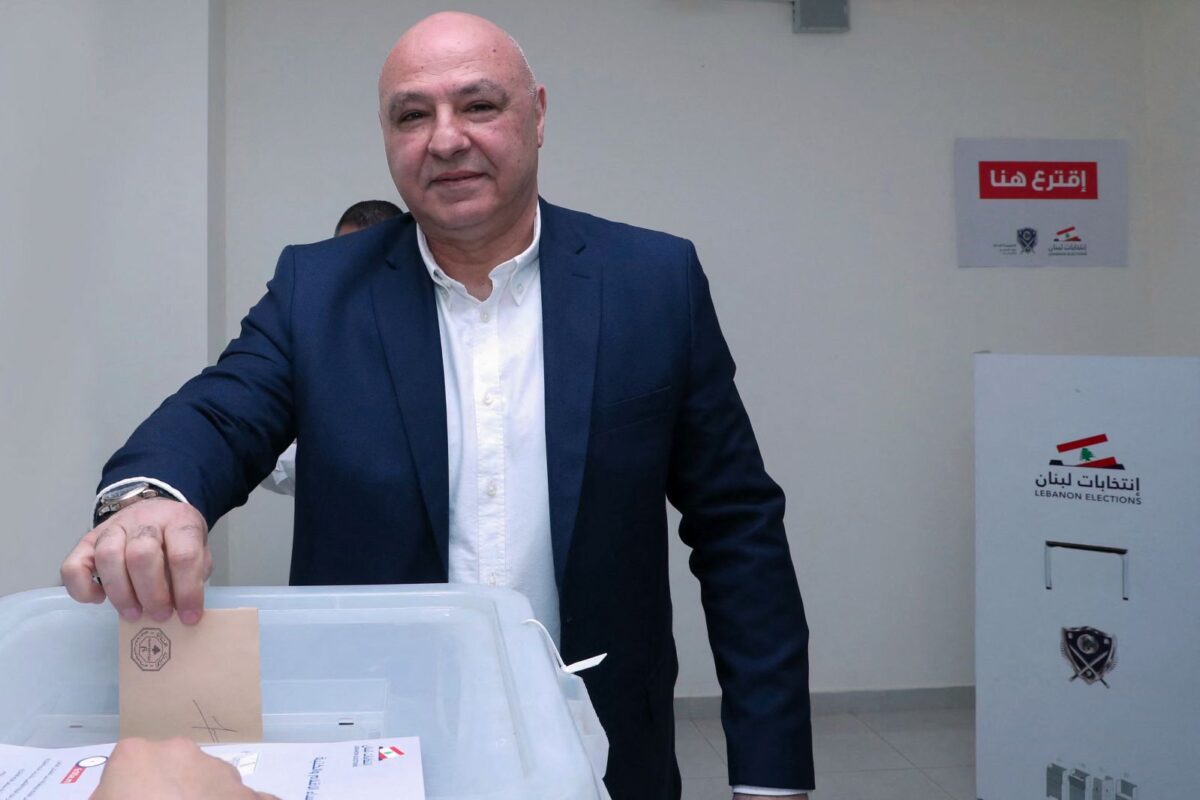
Every Lebanese presidency since the birth of the republic—whether before or after independence—has arrived amid a swell of public hope. A country long accustomed to crises and collapse still clings to the belief that the next leader might finally write the long-awaited chapter in its elusive statehood.
History offers examples of such fleeting optimism. Bechara El Khoury’s term brought the promise of independence; Camille Chamoun and Fouad Chehab oversaw brief eras of progress and institutional statehood. Even after the Taif Agreement, Elias Hrawi’s presidency offered respite from war and ushered in a reconstruction period driven by Rafik Hariri.
Yet time and again, these hopes have curdled. Under Emile Lahoud, Lebanon descended into political vendettas—first against Hariri and later his allies—culminating in Hariri’s assassination in 2005 and Syria’s withdrawal. Michel Sleiman, elected as part of a Qatari-Saudi-Syrian compromise, found himself paralyzed by regional rivalries and the spillover of the Syrian war. Michel Aoun’s presidency began with promises of reform but ended amid financial collapse, mass protests, and the devastating Beirut port explosion in 2020.
Now, as Joseph Aoun assumes the presidency, the cycle threatens to repeat itself. Despite their accumulated disappointments, Lebanese citizens extend to the new administration what may be a final chance for redemption, just as the international community offers Lebanon what could be its last opportunity to avert total state failure. No one wishes to see Baabda Palace reduced to a replay of the Lahoud or Aoun(2016) eras, where achievements were scarce and crisis management replaced visionary governance.
So far, citizens see little beyond minimal state functions: the rehabilitation of Beirut’s airport road, the filling of administrative vacancies, and the conduct of long-overdue municipal elections. These, while significant, amount to little more than baseline expectations of any functioning government, not the transformative leadership Lebanon so desperately needs.
The Domestic Quagmire
Except for modest improvements to the airport and surrounding infrastructure, Lebanon’s domestic crises remain unaddressed. Chronic power outages, unreliable telecommunications, and a paralyzed bureaucracy weigh heavily on a population already accustomed to navigating state failure.
President Aoun’s inaugural speech and his government’s policy statement offered faint hope of reform. But that optimism has since evaporated. Households remain burdened by double billing—paying once for state-provided utilities and again to private generator owners and water suppliers. Water trucks, now symbols of institutional breakdown, clog city streets during peak summer months as municipal water supplies falter.
Presidential visits to public institutions—whether the vehicle registration center, the port, or the justice ministry—have done little to change public perceptions. Meanwhile, the long-promised shift to e-government remains confined to conference halls and press releases.
Worse still, hopes for a merit-based appointment system have been dashed. Following initial security appointments, the government pledged a new, transparent framework for public sector hiring. Instead, it reverted to entrenched patterns of sectarian quota-sharing and political patronage. Diplomacy, banking, and civil service posts remain locked in the hands of Lebanon’s political elite. Even the prime minister has admitted to losing control over cabinet ministers who often act with more loyalty to their factions than to collective governance.
The Regional Dilemma: Israel and Armed Non-State Actors
Externally, Lebanon confronts a persistent challenge: weapons outside state control. Though limited progress has been made in disarming factions in Southern Lebanon, these arsenals remain a latent threat to national stability.
The country’s oscillating approach to Israel and its American mediators has produced little more than a cycle of threats and vague assurances. Most recently, U.S. envoy Tom Barrack distanced Washington from the November 27 agreement, deeming it insufficient for current realities. This leaves the presidency little choice but to recalibrate Lebanon’s Israel policy, prioritizing de-escalation and the resolution of long-standing land disputes.
Since Taif, Hezbollah’s military wing has shifted from resistance against Israel to a regional actor whose influence increasingly shapes Lebanon’s war-and-peace calculus. The 2022 maritime border agreement, celebrated as a breakthrough, merely postponed larger disputes. Meanwhile, land borders remain volatile, with minor skirmishes threatening to ignite wider conflict.
Domestically, Hezbollah’s allies appear to be stalling efforts to place all weapons under state authority. Observers see echoes of Iran’s regional strategy—refining its time-buying tactics during Trump’s first presidency and continuing under his second. This calculated delay could leave the current administration unable to address Lebanon’s most pressing sovereignty issue.
The Regional Dilemma: Syria and the Question of Sovereignty
Relations with Damascus pose an equally existential challenge. Lebanon’s position has been weakened by the Syrian conflict’s spillover: a refugee crisis now equivalent to nearly half Lebanon’s population, porous borders exploited by smugglers and armed groups, and the creeping return of Syrian influence via economic and political channels.
The new Syrian leadership, for its part, has shown little gratitude. In a speech marking the partial lifting of U.S. sanctions—brokered by Saudi Crown Prince Mohammed bin Salman—Damascus thanked Arab states for their support. Lebanon, which hosts the world’s largest per-capita refugee population, was conspicuously absent from the list.
At the same time, Syrian officials have repeatedly spoken of a “return to Syria’s natural regional role”—a phrase many in Beirut interpret as code for reasserting influence over Lebanon. U.S. envoy Barrack’s recent warning about “Lebanon’s return to the Levant” has only amplified fears of renewed external domination, even as daily unrest in Syria itself suggests such ambitions may be premature.
The Aoun administration faces a stark choice: develop a coherent, interest-driven Syria policy based on mutual respect, or leave Lebanon vulnerable to regional machinations that could relegate it to the sidelines of future agreements.
Inaction is no longer tenable. Resolving ties with Damascus and addressing the refugee crisis are preconditions for any serious recovery. Continued paralysis will only compound future costs.
With reports of Syrian-Israeli backchannel talks gaining momentum, Beirut must act to resolve its disputes before regional settlements turn Lebanon into collateral damage. The Saudi-led Arab initiative (as mediator between both countries) offers a rare opportunity for proactive diplomacy, allowing Lebanon to reposition itself as an active regional player rather than a passive observer.
Baker Halawi is a Lebanese social and political activist with a focus on global politics and its impact on the MENA region. He holds a postgraduate degree in “Public Policy and International Affairs” from the American University of Beirut.
The views in this story reflect those of the author alone and do not necessarily reflect the beliefs of NOW.



